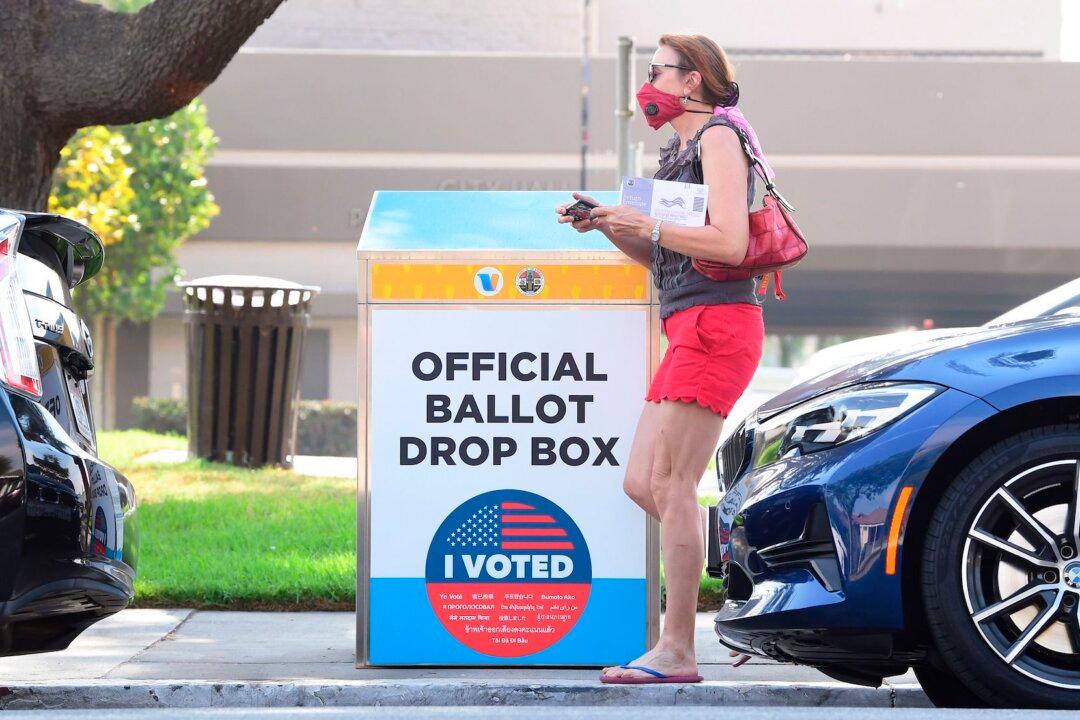A citizens advocacy group has standing to challenge California’s controversial voting laws and regulations in federal court, according to the United States Court of Appeals for the Ninth Circuit.
“This lawsuit is monumental because it is the first to challenge the constitutionality of California’s election laws and procedures, and we are the first to get past standing,” Mariah Gondeiro, lead attorney with Advocates for Faith and Freedom, said in a statement following the decision.





